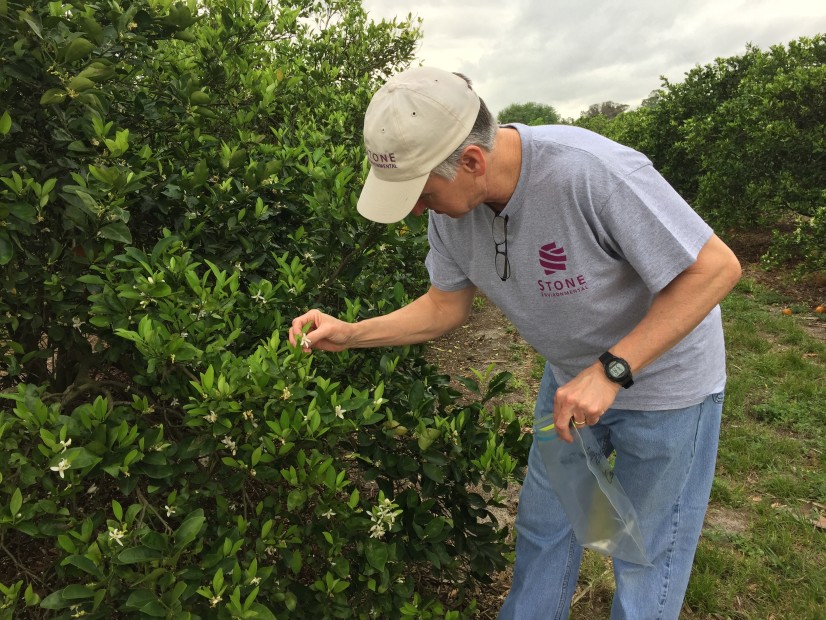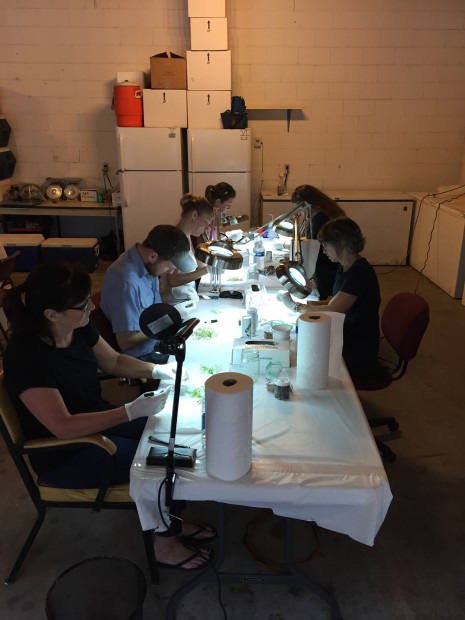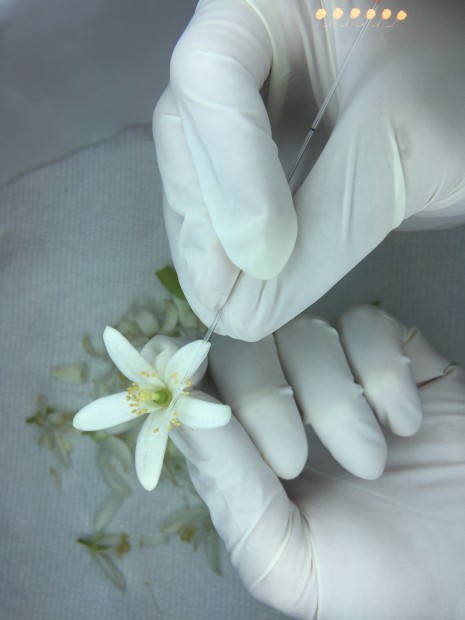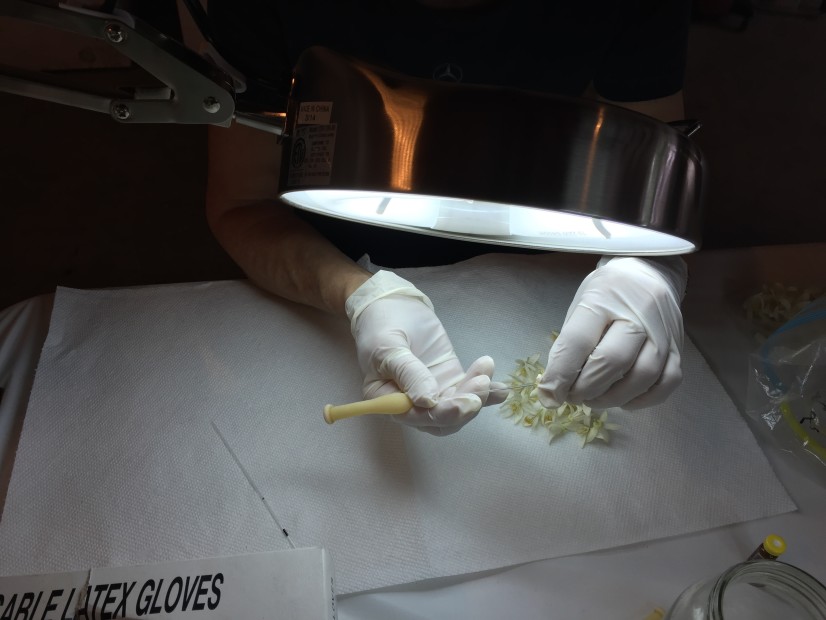Pollinator Field Studies
The Stone team is well-prepared to design, manage, and complete innovative pollinator projects for clients with interests in pollinator health and ongoing maintenance of critical pollinated crop systems.
Stone’s experience conducting a wide range of GLP residue sampling and monitoring studies provides a strong foundation for our growing capacity to meet client needs in the expanding area of pollinator field studies. Stone is committed to helping clients fulfill pollinator protection regulatory requirements with pollen and nectar residue sampling studies for the full range of pollinated crop systems. Our team has experience managing foliar or soil applications and conducting subsequent residue sampling for pollinator-important matrices to assess systemic translocation and potential transfer of the product to bee floral resources. We are building our capacity to conduct higher-tier pollinator exposure field studies that require additional bee pollinator sample variables through the development of close collaborations with bee residue analysis experts, contract apiarists, and pollinated crop growers. Though foreseeing regulatory requirements is difficult, we are also well-positioned to conduct abraded seed dust drift and deposition field studies given our experience conducting a variety of spray drift reduction technology projects.
In addition, Stone has the capacity to further enhance pollinator field studies through collaboration with our Geospatial and Data Solutions (GIS) group and Intrinsik Environmental Sciences, our ecological risk assessment partner firm. These relationships give us the unique ability to take on exploratory and cutting-edge pollinator projects to meet new and emerging client needs. Stone and Intrinsik can together tackle a wide variety of project types including mapping, GIS/site selection, pollinator exposure modeling, ecological risk assessment, CCD/pathogen spread mapping, information web applications, and much more.
Explore more in our "Field Studies" section
Prospective Groundwater Studies
Drift Reduction Technology Assessments
Retrospective Groundwater Studies
>>Back to Field Studies Overview Page






